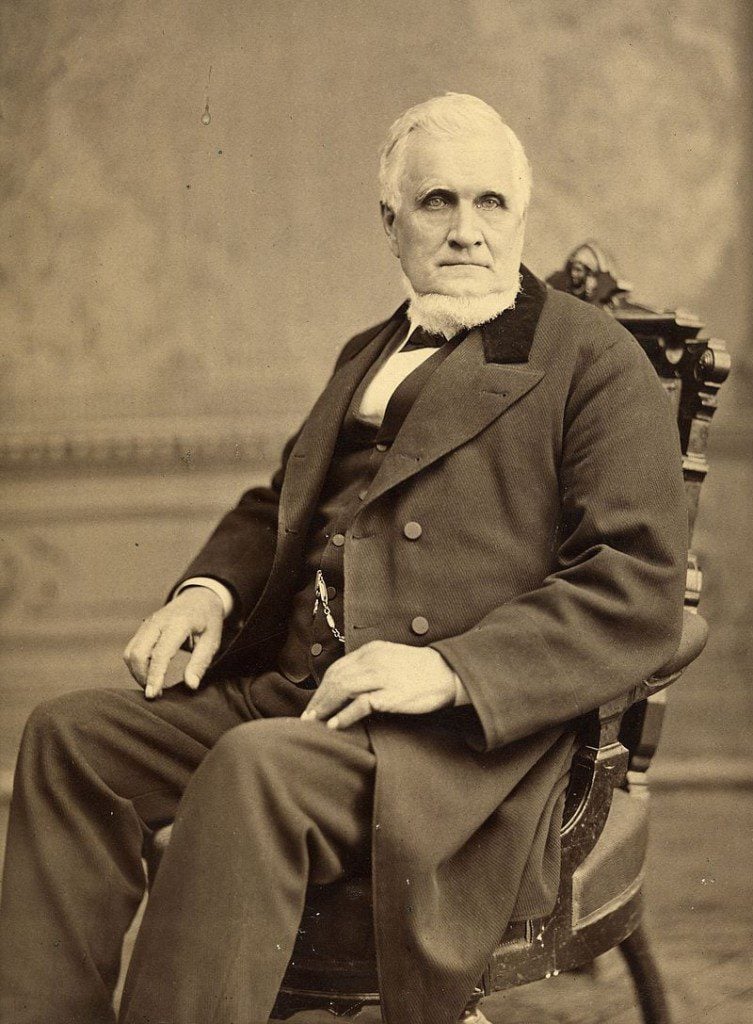
In an 1850 debate with several Christian ministers, John Taylor — the British-born member of the Council of the Twelve who would eventually succeed Brigham Young to serve as the third president of the Church of Jesus Christ of Latter-day Saints, and who was grievously wounded in the same anti-Mormon mob attack on the jail at Carthage, Illinois, that killed Joseph and Hyrum Smith — spoke about his relationship with the Prophet Joseph:
I was acquainted with Joseph Smith for years. I have traveled with him; I have been with him in private and in public; I have associated with him in councils of all kinds; I have listened hundreds of times to his public teachings, and his advice to his friends and associates of a more private nature. I have been at his house and seen his deportment in his family. I have seen him arraigned before the tribunals of his country, and have seen him honorably acquitted, and delivered from the pernicious breath of slander, and the machinations and falsehoods of wicked and corrupt men. I was with him living, and with him when he died, when he was murdered in Carthage jail by a ruthless mob. . . .
I have seen him, then, under these various circumstances, and I testify before God, angels, and men, that he was a good, honorable, virtuous man—that his doctrines were good, scriptural, and wholesome—that his precepts were such as became a man of God—that his private and public character was unimpeachable—and that he lived and died as a man of God and a gentleman. This is my testimony. If it is disputed, bring me a person authorized to receive an affidavit, and I will make one to this effect. I therefore testify of things which I know and of things which I have seen. (The Gospel Kingdom, 355)
On another occasion, he testified that
Joseph Smith was a virtuous, high-minded, honorable man, a gentleman and a Christian. But he introduced principles which strike at the root of the corrupt systems of men. This necessarily comes in contact with their prepossessions, prejudices, and interests; and as they cannot overturn his principles, they attack his character. And that is one reason why we have so many books written against his character, without touching his principles, and also why we meet with so much opposition. But truth, eternal truth, is invulnerable. It cannot be destroyed, but like the throne of Jehovah, it will outride all the storms of men, and live for ever. (The Gospel Kingdom, 355-356)











